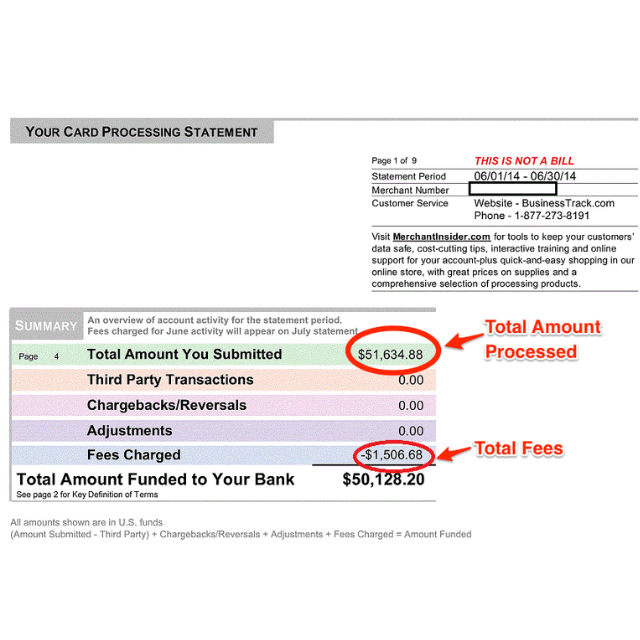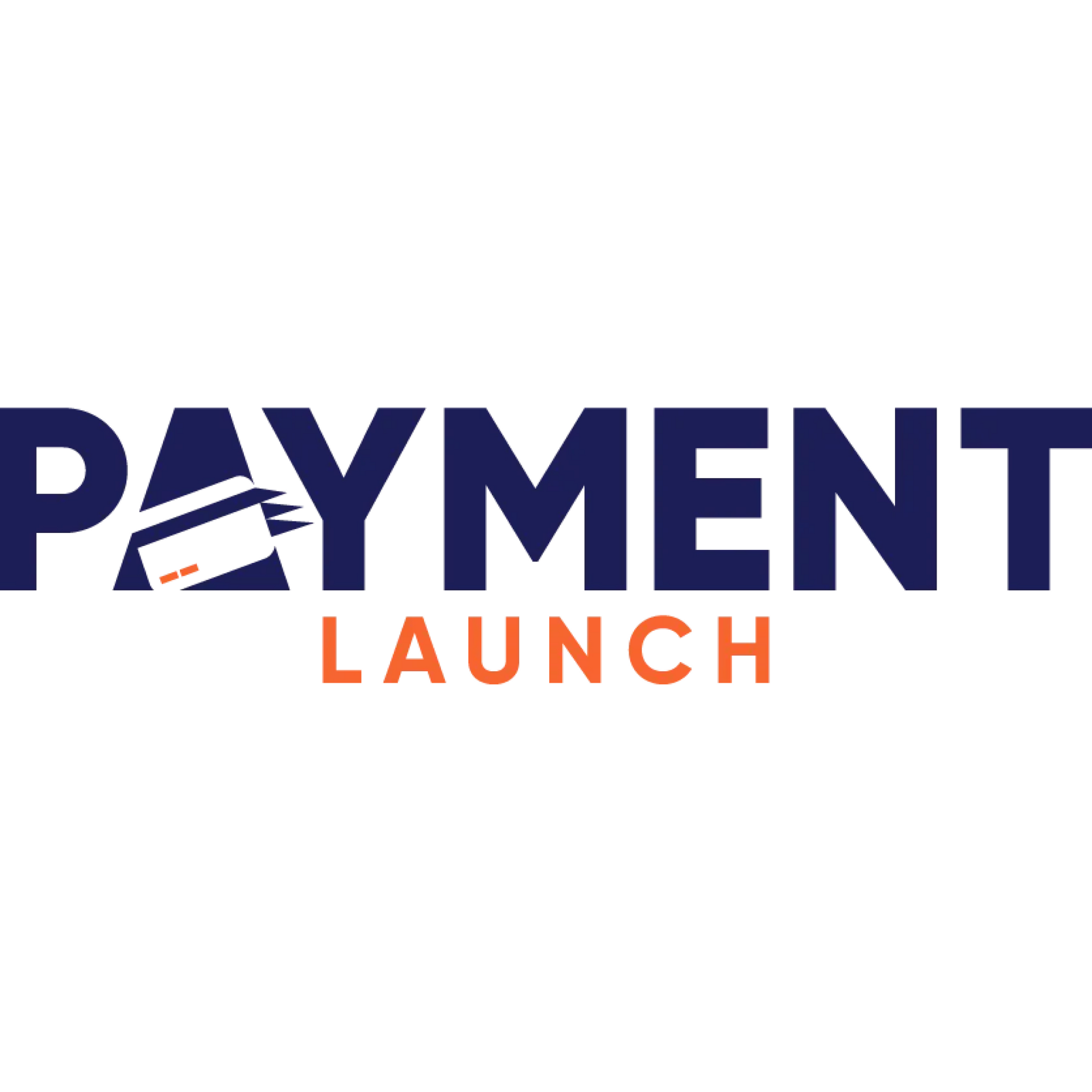Top 10 Ecommerce Shopping Cart Software: Your Guide to Choosing the Right Solution for Your Online Store

In today's booming online shopping industry, businesses face the challenge of selecting the right ecommerce shopping cart solution to effectively manage their online stores. With numerous options available, it's essential to choose a web-based software that acts as a virtual shopping cart for customers, allowing them to collect desired items and modify quantities before proceeding to checkout. To simplify the decision-making process, here is a curated list of the top 10 online shopping cart software solutions for small businesses:
- Shopify: With Shopify, you can create a unique online store and manage inventory while benefiting from an intuitive checkout process and robust reporting features.
- BigCommerce: Offering a customizable storefront, BigCommerce provides hosting and maintenance support for businesses of all sizes.
- Magento: Customization is key with Magento, as it allows you to design your website using open-source code and seamlessly integrate with existing platforms.
- OpenCart: Enjoy a user-friendly and customizable online store experience with OpenCart, which includes options for notifications and secure storage of customer information.
- Zen Cart: Providing flexibility, Zen Cart allows you to choose your hosting service provider and easily manage multiple warehouses and shipping options.
- 3dCart: Boost your conversion rates with 3dCart's feature-rich platform, offering over 50 features and customizable templates for optimal website optimization.
- WooCommerce: Designed for simplicity, WooCommerce enables you to create an online store effortlessly using free templates, extensions, and integrated payment gateways.
- X-Cart: Affordable yet robust, X-Cart offers content management, recurring billing, and support for multiple shopping carts, accommodating businesses of varying sizes.
- PrestaShop: Stand out with a customized online store using PrestaShop's extensive collection of over 240,000 themes, along with a wide range of payment gateways and shipping options.
- Volusion: Utilize professionally designed templates and benefit from 24/7 support to create a unique and user-friendly online store experience.
While pricing and features may differ among these solutions, each one offers comprehensive tools to streamline your ecommerce operations. By incorporating an online shopping cart software, you ensure a seamless shopping experience for your customers and empower your business to thrive in the ever-growing digital marketplace. Choose the solution that best aligns with your business goals, budget, and customization needs to elevate your online store to new heights of success.
Integrate our eCommerce payment solutions with your own software.
What is ecommerce shopping cart software?
Ecommerce shopping cart software is a web-based solution that allows businesses to create and manage their online stores. It enables customers to browse products, add items to a virtual shopping cart, and proceed to checkout.
Why do I need an ecommerce shopping cart?
An ecommerce shopping cart simplifies the purchasing process for your customers and provides a streamlined experience. It helps you manage inventory, track sales, and handle transactions efficiently.
Can I customize the look and feel of my online store?
Yes, most ecommerce shopping cart software solutions offer customization options. You can typically choose from templates or themes to design a unique storefront that aligns with your brand.
Do I need coding knowledge to use ecommerce shopping cart software?
The level of coding knowledge required varies depending on the software. Some platforms offer user-friendly interfaces with drag-and-drop functionality, while others may require some coding experience for advanced customization.
Can I integrate payment gateways with ecommerce shopping cart software?
Yes, ecommerce shopping cart software integrates with various payment gateways, allowing you to securely accept online payments from customers. Popular payment gateways include PayPal, Stripe, and Authorize.Net.

ー WE’RE HERE TO HELP YOU
If you are new to accepting credit cards or are just looking for a partner you can trust, we are here for you
Let's plan a time to discuss how we can help your business

